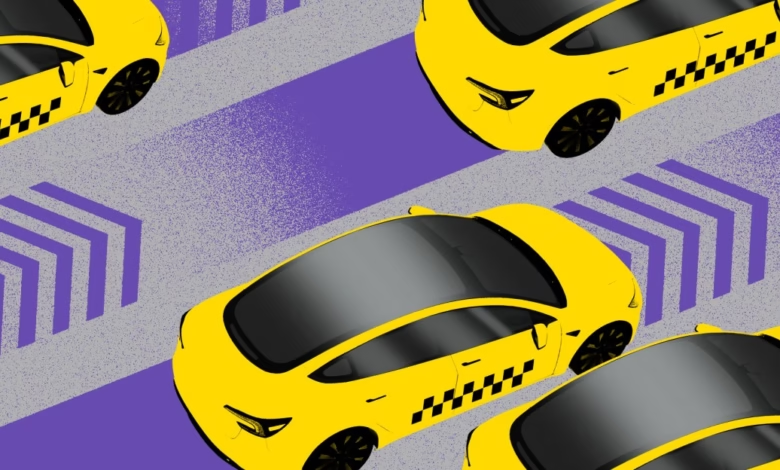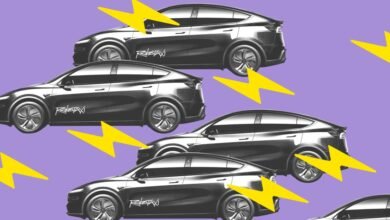How Texas’ Lax Rules Fueled Tesla’s Autonomous Vehicle Boom

▼ Summary
– A Tesla Model Y marked “ROBOTAXI” was spotted driving autonomously in Austin, followed by a chase vehicle, signaling Tesla’s upcoming robotaxi fleet launch.
– Texas’ lenient AV regulations allow companies to operate with minimal oversight, requiring only insurance and basic administrative steps to obtain a permit.
– Critics, including lawmakers and experts, warn that Texas’ hands-off approach prioritizes innovation over safety, with local governments barred from setting their own AV rules.
– Texas’ 2017 AV law prohibits local regulation, lacks standards for removing safety drivers, and holds manufacturers accountable for violations, but revisions requiring DMV approval take effect in September.
– Local officials and police report challenges with AVs, including safety concerns and enforcement difficulties, with incidents like AVs obstructing emergency vehicles or failing to respond to hand signals.
Texas’ relaxed regulations on autonomous vehicles have created the perfect environment for Tesla’s robotaxi ambitions to accelerate, but critics argue the state’s hands-off approach may be prioritizing innovation over public safety.
A Tesla Model Y spotted in Austin with “ROBOTAXI” etched on its side and no driver behind the wheel recently made headlines, signaling the company’s push toward launching its autonomous ride-hailing fleet. Elon Musk hinted that this vehicle is part of Tesla’s small but growing robotaxi program, set to debut soon, a vision nearly a decade in the making. What makes Texas uniquely suited for this rollout? The state’s minimal regulatory hurdles, which allow companies to test and deploy self-driving cars with little oversight.
Unlike stricter states such as California, Texas requires only basic administrative steps, proof of operation and insurance, before granting approval for autonomous vehicle (AV) testing. “If you show up and tell the state you’re operating and have insurance, you’re good to go,” says Phil Koopman, an AV safety expert at Carnegie Mellon University. This leniency has attracted major investments but also sparked concerns among lawmakers and safety advocates who fear the lack of oversight could lead to avoidable risks.
Texas law explicitly prohibits cities from imposing their own AV regulations, leaving local officials powerless to address safety concerns. Austin Mayor Kirk Watson has criticized the state’s preemption of local control, while State Senator Sarah Eckhardt has urged Tesla to delay its robotaxi launch until stricter rules take effect in September. The current system places full responsibility on manufacturers, with no standardized requirements for verifying AV capabilities or removing safety drivers.
The origins of Texas’ AV-friendly policies trace back to the early 2010s, when automakers sought to eliminate regulatory uncertainty. While this approach prevents conflicting local laws, it also frustrates cities that want tailored safety measures. “Simply put, cities in Texas cannot regulate autonomous vehicles,” noted Austin’s Transportation Department in a recent memo.
Despite the state’s permissive stance, enforcement challenges are mounting. Police report increasing difficulties with driverless cars, from minor mishaps, like an AV stranded in a taco shop parking lot—to more serious incidents where autonomous vehicles have obstructed emergency responders. “If these machines are learning, they’re not learning fast enough,” remarked an Austin police lieutenant, highlighting the gap between technological promises and real-world performance.
Tesla’s aggressive timeline and reliance on cameras rather than lidar, a more expensive but widely used sensor in AVs, could further amplify these issues. Experts warn that high-profile failures might trigger public backlash, affecting not just Tesla but the entire AV industry. With Texas’ regulatory overhaul looming, the debate over balancing innovation and safety is far from over.
(Source: The Verge)





